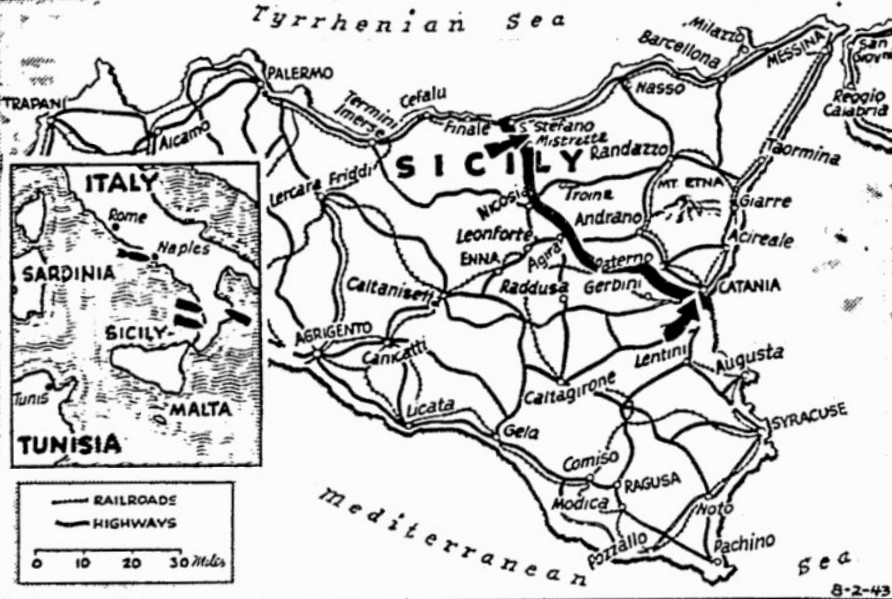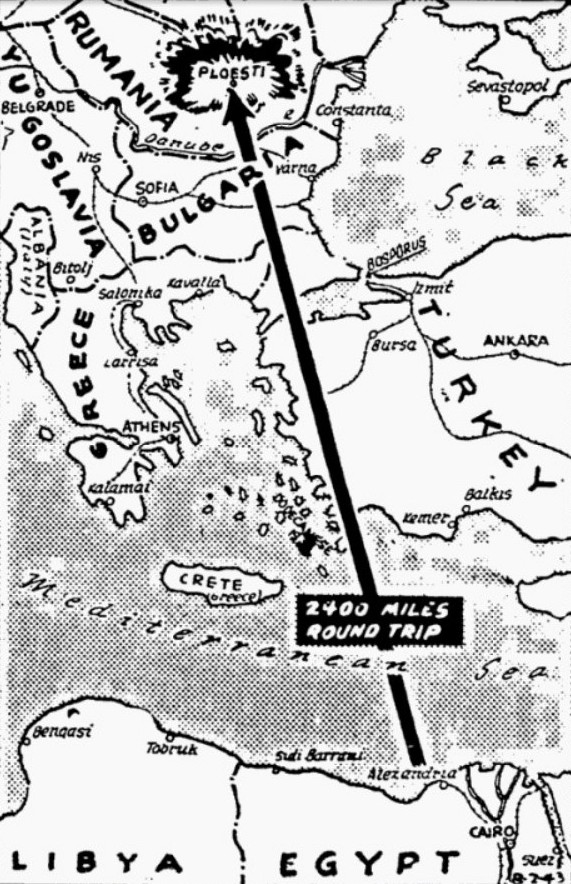
I DARE SAY —
Books, plays, movies are three different mediums
By Florence Fisher Parry
It’s a curious thing, but no matter how lavish and devoted a motion picture may be, it somehow misses the brilliance of its theater prototype.
Take, for example, Du Barry Was a Lady, now showing in Pittsburgh. The original production of several years ago could be put in a little obscure corner of the stage on which the motion picture version was made, and I dare say that the entire cost of the original production did not represent a figure sufficient to cover one little scene of the present screen production.
Yet in spite of this sumptuous production, which follows the original in treatment and story with admirable fidelity, in spite of the most superb direction, costuming, casting – in spite of every lavish devotion which was obviously heaped upon this screen masterpiece, it shows up flat and lifeless compared with the exuberant, robust, and matchless original stage show.
You might say that it is not fair to compare the performance of Ethel Merman and Bert Lahr with their redheaded counterparts, Red Skelton and Lucille Ball. But I aver: Even though the screen producers of Du Barry Was a Lady would have been able to put in their original roles those two superlative clowns, Merman and Lahr, the screen du Barry would still have seemed upholstered and hollow compared with its original.
I have never seen successful transcriptions of an original Broadway musical comedy to the screen. As magnificent as they are, under the profligate hands of Hollywood’s greatest spendthrifts, the life goes out of them, and we must perforce come to the conclusion that the one induplicable item of the theater is a musical comedy.
Think how many attempts have been made to transfer Jerome Kern’s masterpiece, Showboat, from stage to screen! Think how many attempts have been made to put the Ziegfeld Follies on celluloid! It can’t be done. It can’t be done. And I am tempted strongly to make the same assertion about any true theater piece.
Theater and screen
How would it be possible for them to transfer a Noël Coward play to the screen? It has been tried and the result is farcical and flat. How would it be possible to transfer a William Saroyan play to the screen? (Remember, The Human Comedy was written for the screen originally, which wholly accounts for its success in that medium.)
The only play within my memory which was originally written for the stage and was subsequently given screen production is Maxwell Anderson’s Winterset and even that was, from a box-office standpoint, a failure. One other can be said to have been a success, but this play suffered such alterations in its transfer that it emerged on the screen a new and original piece; and that was Lillian Hellman’s The Children’s Hour which, on the screen, was made into These Three.
Even the most unsuccessful play contained in its original theatrical production a certain intangible essence which was lost in screen presentation. Even such masterly transferences as Journey’s End, What Price Glory, Camille (with Greta Garbo), Anna Christie, Dinner at Eight, The Royal Family, and a host of other magnificent screen successes which I could mention, simply did not stand up to their original stage presentation. On the other hand, there have been cinema pieces that would have lost just as immeasurably had an attempt been made to transfer them to the stage. I am thinking of pieces like In Which We Serve, Mutiny on the Bounty, Rebecca, Suspicion, Goodbye, Mr. Chips, and great sagas like All Quiet on the Western Front, Sergeant York or For Whom the Bell Tolls.
Which brings us to the old discussion: How successfully can a novel ever be adapted to the screen? It seems to me a foolish argument, depending as it does upon the literary merit of the novel in question and the artistic skill of the motion picture director. The output of great novelists cannot be transferred to any other medium with sizeable success because, obviously, their style of writing arbitrates the novel’s greatness.
Never the Twain
How can we put Ernest Hemingway, F. Scott Fitzgerald, J. P. Marquand, William Saroyan on the screen, and approximate their output, which is, in essence, of literary output impossible of reduction to screen action? Might as well try to put Stephen Vincent Benét’s John Brown’s Body on the screen. Heaven knows, out of the dramatic incident of that great poem, a thrilling screen saga could be fashioned, but it would not be Stephen Vincent Benét’s poem – no, not any part of it.
We may be seeing a great motion picture in For Whom the Bell Tolls, but it cannot be Ernest Hemingway any more than Les Misérables on the screen could be Victor Hugo. Or The Constant Nymph could be Margaret Kennedy’s elusive, indescribably tender novel.
It all goes back to the old, old premise: Books are written by authors; plays are written by dramatists; motion pictures are produced by producers and directed by directors. They are three different mediums. They can borrow from each other. They can steal from each other, but they can never duplicate each other. This being so, why the comparison and fruitless argument?

